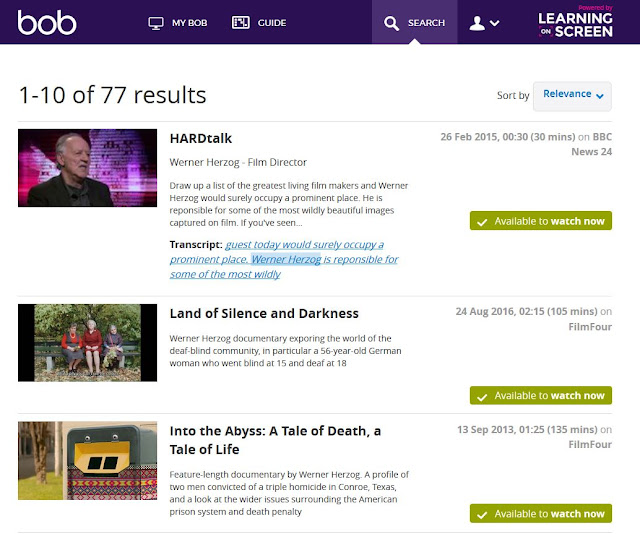2017 was a great year for cinema, and especially for LGBT stories. Moonlight (Barry Jenkins, USA) managed to win the Oscar for Best Picture in a last minute turn of events out of the hands of La La Land (Damien Chazelle, USA), and deservedly so. The film had the heart and soul that its opponent lacked, and a degree of intimacy and truthfulness that overshadowed and silenced the primary-coloured brightness of the musical. But this was just the beginning of a fabulous run of LGBT cinema releases. Some of the titles that came out during the year include: the postmodern western of Kelly Reichardt’s Certain Women (USA); the initiation into manhood for a group of teenage boys in The Wound (John Trengove, South Africa); the sadness of having to deal with the death of your partner and the legal discrimination of a society trying to catch up with its people in Sebastian Lelio’s A Fantastic Woman (Chile); the stunning debut feature of Francis Lee God’s Own Country (UK) in which characters and landscape show their depths of beauty and tenderness; from France, Robin Campillo’s BPM (Beats Per Minute) depicting the advocacy group Act Up Paris as they demanded action from pharmaceutical companies and the government to combat the AIDS epidemic in the 1990s; and the much adored Call me by your name, a co-production directed by Luca Guadagnino that is gathering many nominations for major awards.
These are some of the titles we can look forward to adding to the library’s collections, but we can already enjoy many films depicting LGBT stories.This year the LGBT History Month theme is Geography: Mapping the World and we have used this as a source of inspiration to tell you about films from different countries: Hong Kong, USA, Spain, France, Taiwan, Sweden, etc. Where available, the tweet will include a link to Box of Broadcast (https://learningonscreen.ac.uk/ondemand) and to our catalogue (http://bit.ly/2Apdcom) so you can decide whether to watch them online or to grab the DVD from the library’s shelves.
Use BoB to create your own LGBT films playlist.
The World Health Organisation (WHO) removed homosexuality from its list of mental illnesses in 1990. However, there are still some 70 countries that criminalise homosexuality and punish it with prison sentences or even the death penalty. The most committed cinema will never ignore this situation, and will continue to address the subject with intelligence and courage. Let’s celebrate these films and filmmakers.
Follow us on Twitter @UoYLibrary to find out what we have in store.
Enjoy the viewing.


